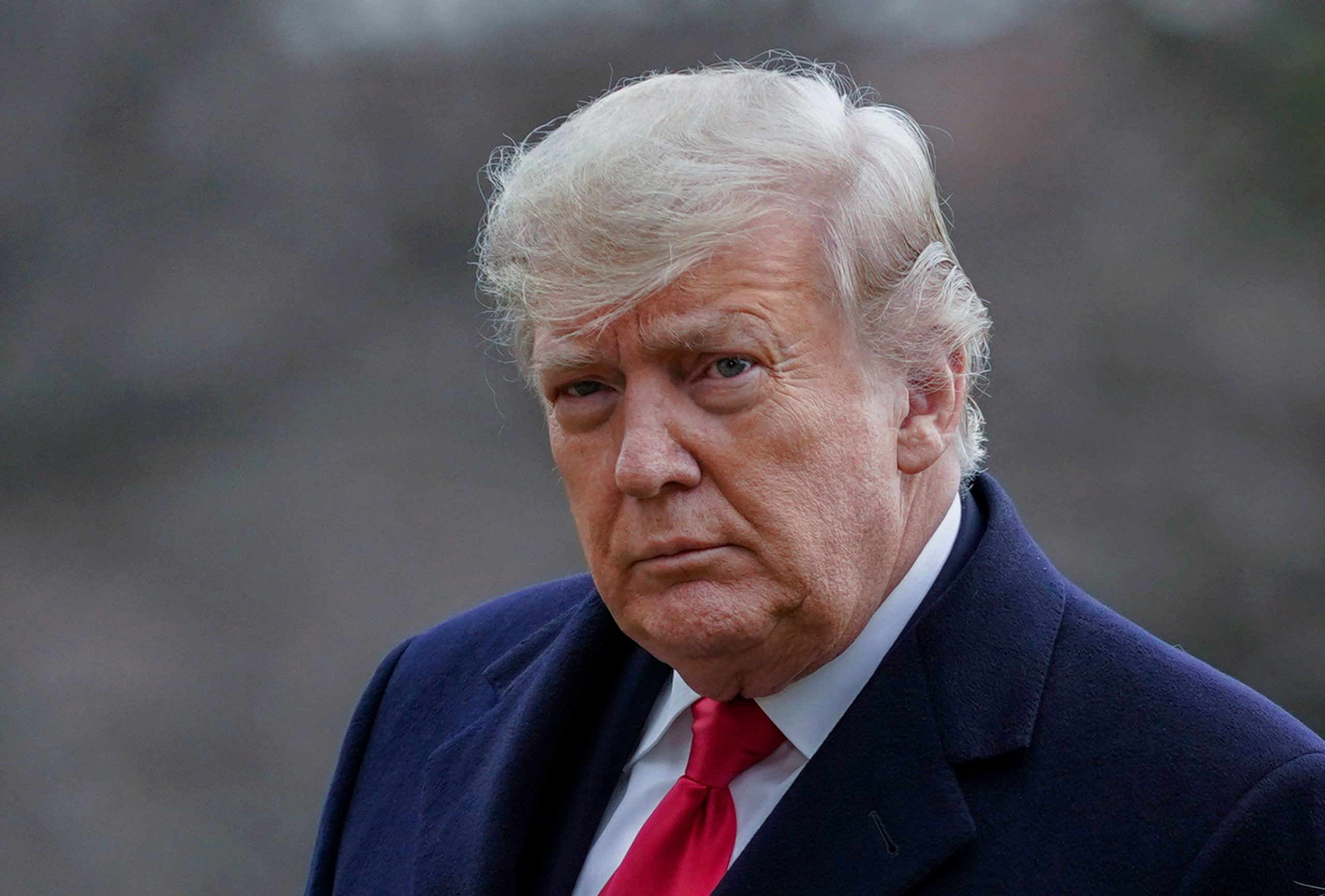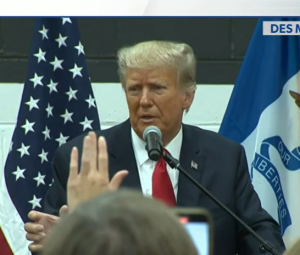The Jan 6 committee has already alerted the Department of Justice that former president Donald Trump has attempted to contact a yet-publicly unidentified witness.
Rep Liz Cheney, vice-chair of the committee said, “After our last hearing, President Trump tried to call a witness in our investigation, a witness you have not yet seen in these hearings”, adding, “That person declined to answer or respond to President Trump’s call, and instead alerted their lawyer to the call. Their lawyer alerted us. And this committee has supplied that information to the Department of Justice.”
Cheney’s comments at the end of the hearing, Tuesday, raised the possibility for Justice Department prosecutors to become interested in the incident and also marks the first time the congressional body has explicitly spoken about providing information, found during the probe, to the Justice Department.
Also Read | Did Donald Trump get special treatment from Twitter? Ex-employee testifies
While making a call isn’t witness tampering in itself, it is against the law to witness tamper in a Congressional investigation – but only the DoJ has the power to pursue it.
Trump personally made this call, which raises the stakes whether his personal involvement was meant to impact the witness’ testimony.
Cheney however, didn’t substantiate what the witness’ testimony holds.
Witness tampering is defined as attempting to influence improperly, alter, or prevent witness testimony in civil or criminal proceedings.
There have been previous calls of witness tampering during the Jan 6 hearings. Cassidy Hutchinson, the former White House aide who testified in a special hearing last month, received messages on two incidents about being loyal to Trump. However, those didn’t come from the 76-year-old Republican himself.
Also Read | Jan 6 hearing: Will Steve Bannon testify? Bennie Thompson says ‘not yet’
The jail time for federal witness tampering – which is the charge that’d be levied for attempting to sway a witness in a Congressional investigation – varies on the severity of the offense.
If threat of physical force is used then the maximum punishment is 20 years in prison. Intimidation, threats, and corrupt persuasion also result in 20 years of jail time.
The least serious form of witness tampering is intentional harassment of a witness, victim, or informant, which leads to a person being delayed, dissuaded, hindered, or prevented from testifying. It results in a maximum of three years in federal prison.







